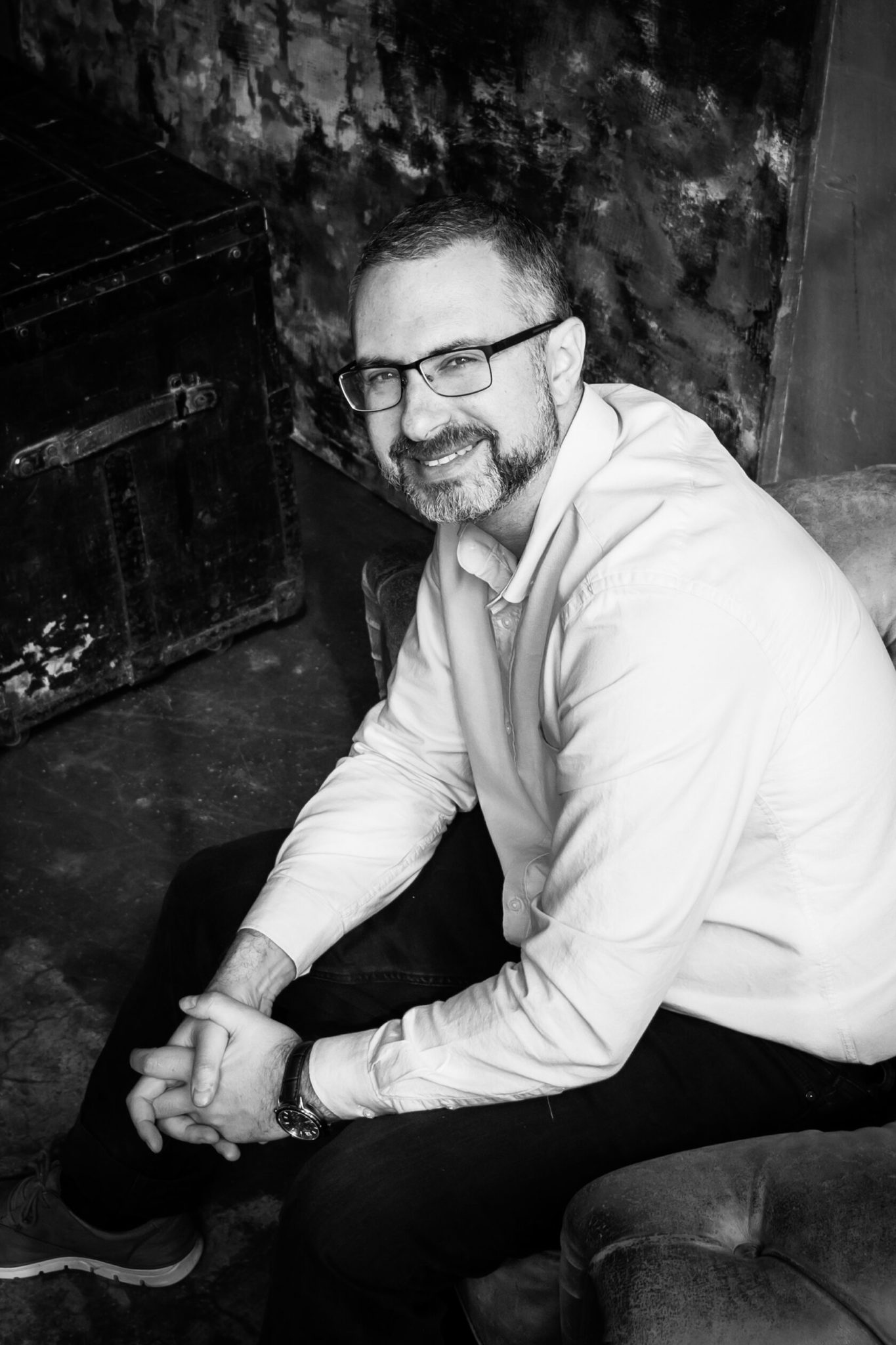5 signs of abusive relationship
We enter romantic relationships to be happy together. Nonetheless, some relationships still turn abusive along the way. It’s not always obvious that abuse has emerged, because being in an abusive relationship changes one’s perception. So it’s sometimes useful to take a look and make sure that there are no signs of abuse in your current. These are five signs:
1. You feel like you can’t escape your partner’s supervision.
Being in a relationship does not require giving up your favorite activities, people, places and family. If you are not independent to make decisions regarding these things because your partner opposes them, then you are probably locked in an emotionally abusive relationship. You might feel that your partner acts like your supervisor and keeps you under surveillance. For instance, they could demand that you respond to their calls and messages immediately, irrespective of where you are or how busy you are. Or they could want to know where you are at any given moment.
When your partner is possessive and jealous, they may attempt to keep you in isolation. Jealousy has been overly romanticized. It is not about loving someone dearly, rather it is more about controlling them. Jealousy and possessiveness ultimately prevent you from achieving your desires and they are being replaced with your partner’s instead.
An abusive partner will invade your privacy and impede your professional and personal advancement.
2. You feel afraid.
An emotionally abusive relationship makes you afraid to do things your way. You cannot enjoy anything because you worry about what your partner’s thoughts will be. The dread might have to do with the partner’s unpredictability. They can pelt you with criticism or threats and then suddenly become very supportive. You do not know with certainty which behavior of yours will elicit which response.
You might be afraid because your partner instills fear as a way of dominating you, because when you are unsure about something, you become very pliable and agreeable. This fear inhibits you from acting of your own free will and makes you much more susceptible to your partner’s influence.
3. You suffer from incessant guilt.
Guilt is a powerful strategy for gaining control over a romantic partner. Granted, every adult does need a healthy degree of responsibility, and we all occasionally feel guilty for failing to finish tasks on time or do the right thing in the right way. Yet exaggerating one’s abilities and responsibilities results in an unhealthy guilt. In abusive relationships, one partner constantly manipulates the other with guilt. Their partner becomes eternally culpable and perpetually accused, and as a result, he or she feels compelled to amend their ways and compensate for “wrong” behavior. Furthermore, even if they alter their behavior and make genuine efforts to improve themselves, it is never enough.
The relationship is abusive if it is accompanied by the frequent use of blame and scapegoating and the reasons to blame do not seem to end.
4. You walk on eggshells around your partner.
Walking on eggshells guarantees breaking some eggs eventually. In an emotionally abusive relationship, the abuser anticipates that. It provides them a reason to criticize you, put blame on you and present themselves in the right.
You are always concerned and fearful that whatever you say or do will cause your partner to become upset, unhappy, or misunderstand you, resulting in an unpleasant argument. It may also lead to them ignoring you and boycotting your presence. Afraid of upsetting your partner, you maintain a state of continual vigilance, which causes tension and mental disturbance. At the same time, your companion takes advantage of your increased sensitivity to loving them, wanting their comfort and making them feel good around you by demanding more and more of you. Thus, your good intentions, carefulness and self-consciousness to preserve the relationship are turned against you.
5. Your partner consistently lies to you and manipulates you.
A healthy relationship requires contributions from both partners and is based on mutual trust; if one party violates this trust, the relationship is weakened. In a relationship characterized by emotional abuse, one (or both) partners consistently manipulate and lie to the other. Everybody can make mistakes. However, in abusive relationships, the liar never takes responsibility and never apologizes. Cheating is considered one of the major lies in a relationship, yet there are smaller lies that are prevalent in abusive relationships that make genuine communication with the partner extremely difficult. You can never know whether they are lying to you or telling the truth.
Gaslighting is one of the most common types of manipulation. It occurs when the partner puts you down and makes you doubt yourself. When someone is gaslighted, they are repeatedly lied to the point that they begin to question their sanity. The gaslighter destroys the other person’s perception of reality, their recollections. The objective of gaslighting is to exert power over the victim by making them feel helpless and inadequate and thus depending and relying on the gaslighter.
In conclusion, it is essential to quickly acknowledge the presence of emotional abuse in a relationship and address it promptly. Through couples therapy and open communication, early recognition of abuse can offer an opportunity for growth and resolution. However, in cases where abuse becomes pathological, it is imperative for the victimized partner to prioritize their own well-being and take necessary steps to protect themselves. Recognizing and acknowledging abuse is pivotal in setting boundaries and reshaping the toxic dynamics of the relationship, ultimately contributing to improved mental and emotional health.
Published by author on Psychology Today: https://www.psychologytoday.com/intl/blog/the-psychology-of-relationships-and-emotional-intelligence/202312/5-signs-that-you-may-be-in



